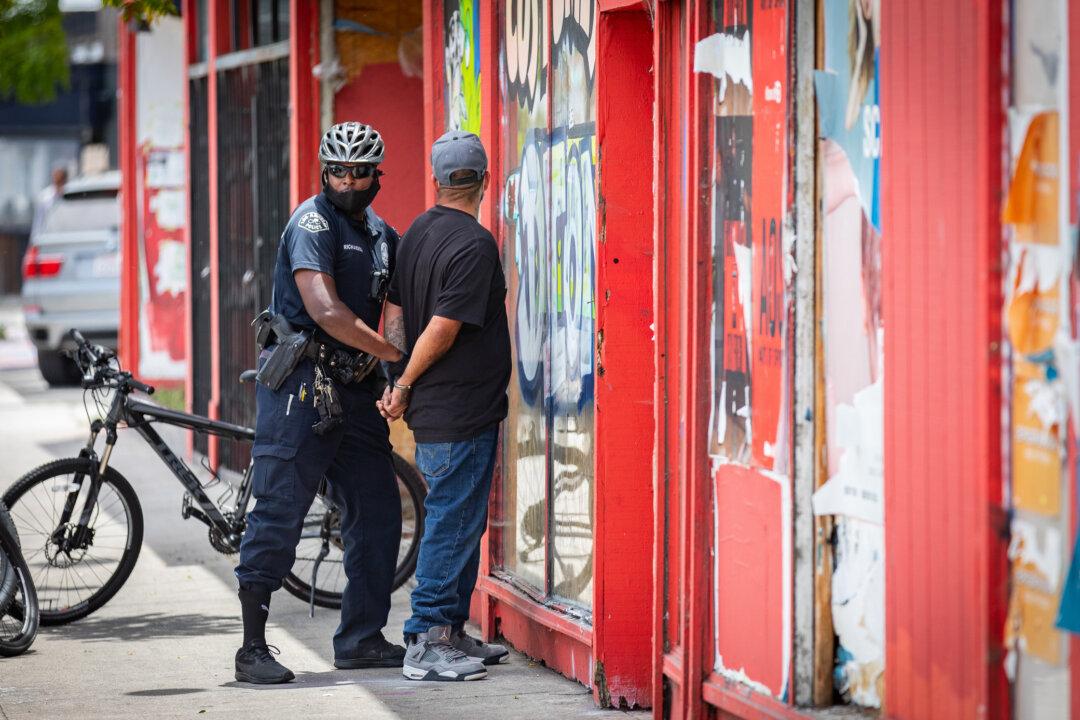A new California law set to take effect Jan. 1 will place more rules on the use of mugshots posted to law enforcement agencies’ social media accounts—including requiring the use of arrestees’ preferred pronouns.
Assembly Bill 994, which was signed into law by Gov. Gavin Newsom in September, now requires police and sheriff’s departments across the state to include the name and pronouns provided by the arrested individual when sharing their mugshot.





